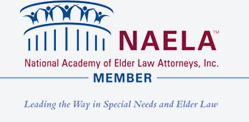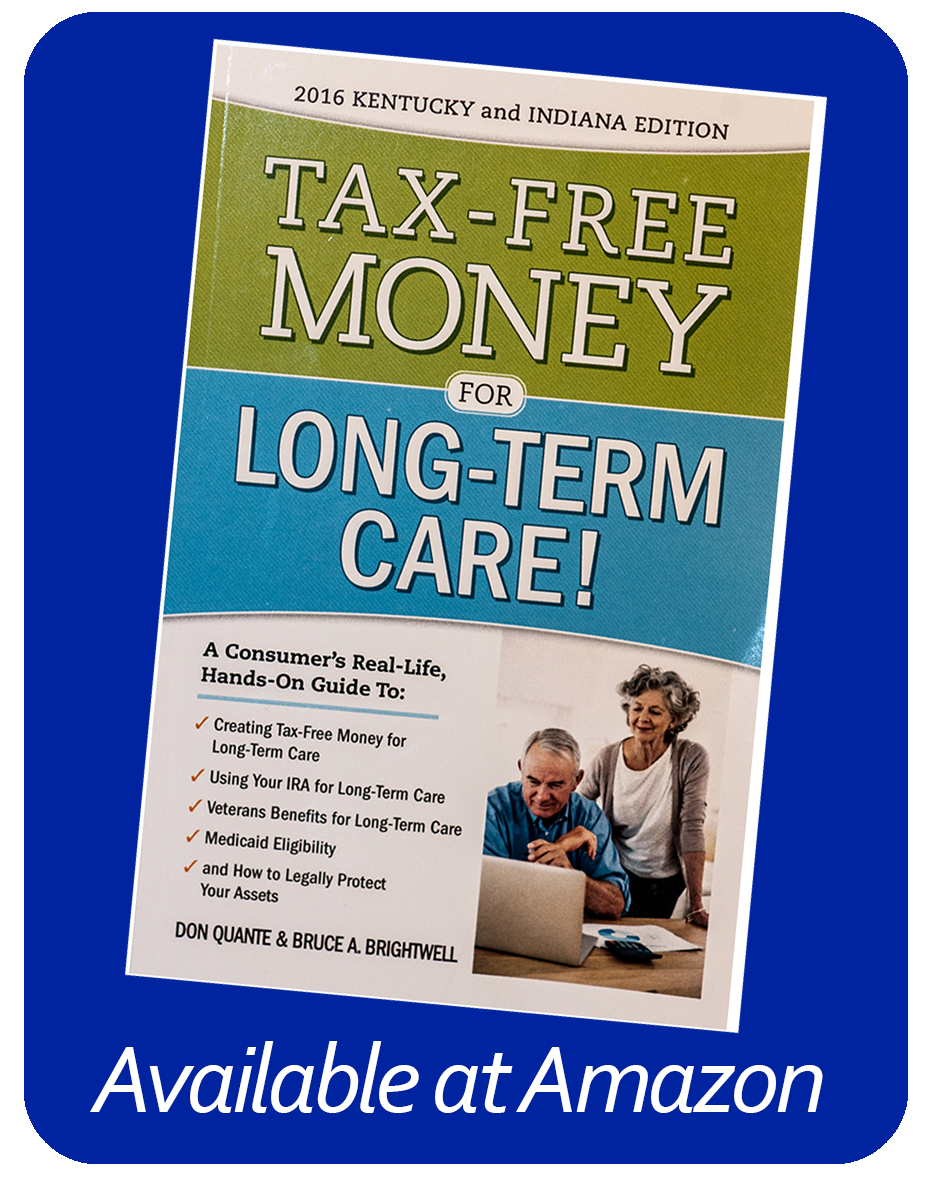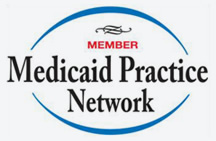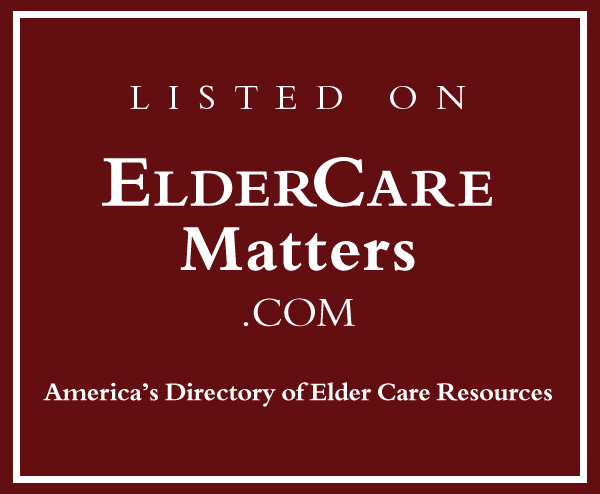If you know what you want to happen with your estate after you pass, it isn’t enough to just tell someone. You need to put your estate planning in writing. Continue reading
This past Saturday, I had a table at the Parkinson’s Walk. The reason for this table was to help spread the message, that a diagnosis of Parkinson’s isn’t too late to start planning to protect assets from a nursing home. Continue reading
An irrevocable trust is a very powerful tool for Medicaid Asset Protection, as it allows you to shelter assets from a nursing home after they have been in the trust for five years. Even though sometimes people worry about ever being able to acess that money, there is, in fact, a way to do that. Continue reading
Today I met with a woman whose grandmother broke her hip and went into assisted living. And she stated her brother, who had power of attorney, was in denial and was not doing anything to see about protecting mother’s assets. Continue reading
When an estate is first opened, and the heirs are notified, they often don’t do anything, trusting that the executor will handle everything fairly and correctly. But, if problems start to arise later, they may have put themselves at a disadvantage by not hiring an attorney at the beginning. Continue reading
One estate planning document everyone needs is a power of attorney. Continue reading
When everyone is together for the holidays, that can be a great time to discuss Estate Planning with your family. Continue reading
The Natural Objects of One’s Bounty – I
The phrase “the natural objects of one’s bounty” means the closest surviving members of one’s family. It usually describes those to whom property of a dead person will go if the dead person did not make and leave a will. One advantage of making and leaving a will is that you can specify to whom you want your property to go after you die. Whether or not you make and leave will, it is useful to know the traditional names for the various members of one’s family.
Inheritance in Unusual Circumstances
State statutes of descent and distribution are usually supplemented by other statutes or court rulings governing inheritance in unusual circumstances. This article discusses some of those unusual circumstances.
As executor, your first step in settling the decedent’s estate is to find all of the decedent’s assets. You must then figure out which assets belonged solely to the decedent so that you can protect them until they can be distributed either according to the decedent’s will or state intestacy laws. Finding such assets can be a challenge.






